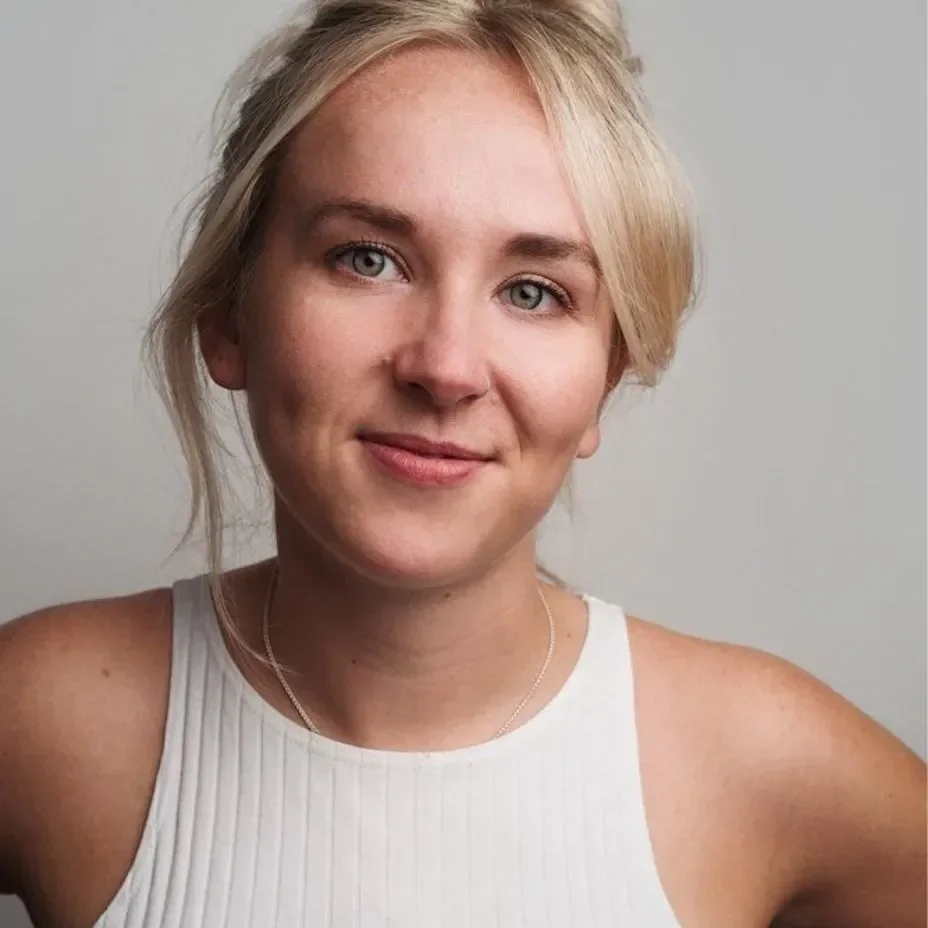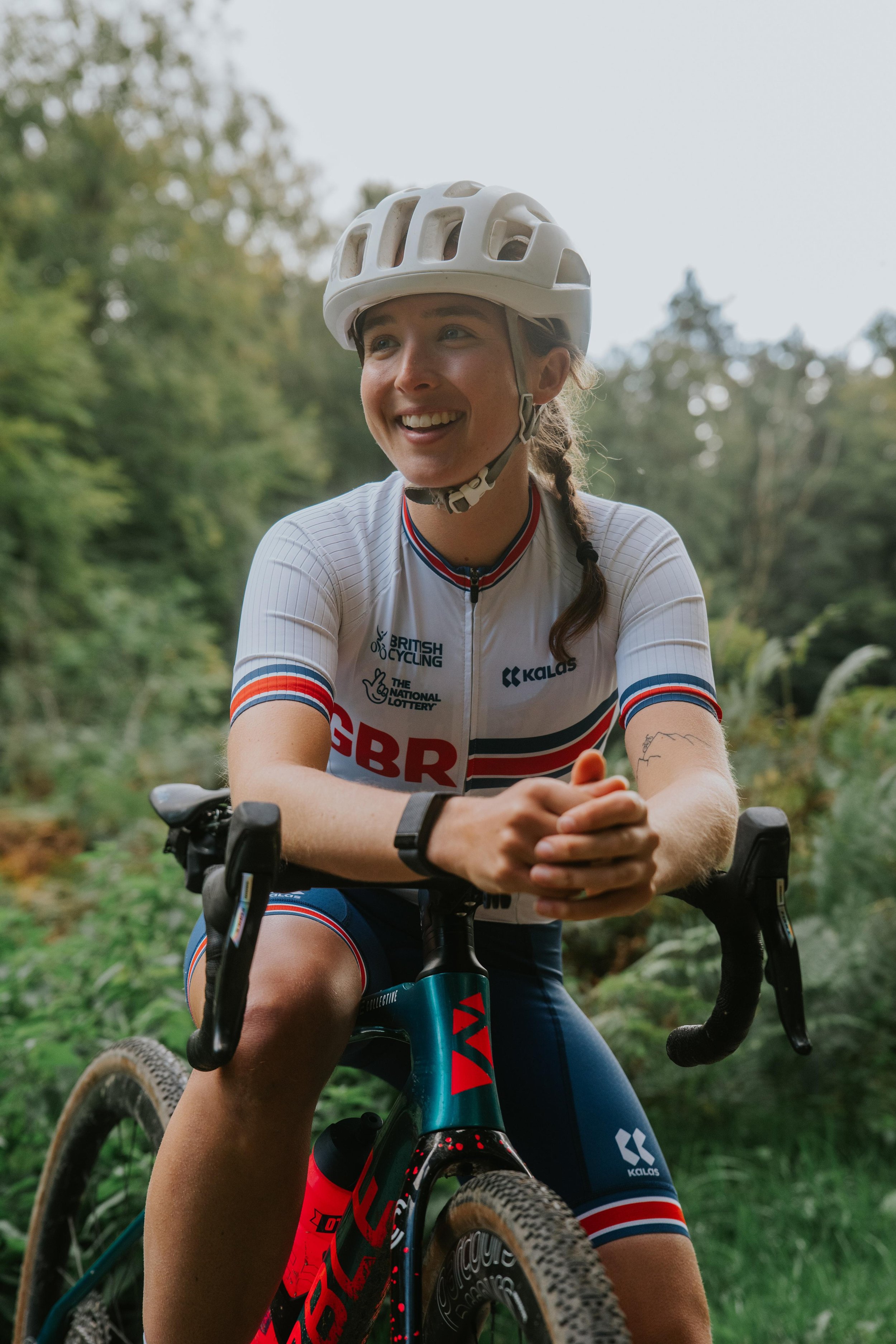Neurodiverse Sport articles
Search for specific content…
The Retreat: A Gold Standard Performance Space for all ParalympicsGB Athletes at the Paris 2024 Paralympic Games
At the Paris 2024 Paralympic Games, ParalympicsGB unveiled The Retreat—a neuroinclusive performance space in the heart of the Village. More than a wellbeing room, it was performance infrastructure: a calm, flexible environment where athletes could regulate, recover, and prepare to compete. Learning from Tokyo 2020, where coping often replaced true recovery, The Retreat set a new gold standard with sensory-considerate design, self-regulation tools, and restorative spaces. Athlete feedback was clear: this wasn’t a luxury, but a necessity. By embedding neuroinclusion into elite environments, The Retreat showed how wellbeing and performance can thrive together—setting a benchmark for future Games and high-performance sport.
More Than What You See: Sarah Hope on Sport, Autism, and Advocacy
Sarah Hope is a former GB wheelchair basketball player and para ice hockey athlete. Diagnosed with autism and hereditary peripheral neuropathy, Sarah shares a powerful story of resilience, burnout, and finding belonging. From masking and misunderstanding to self-advocacy and structure, her journey challenges sport to do better—and reminds us of the strength found in lived experience.
Clay Marzo: Surfing, Autism, and the Power of Speaking Without Words
In this powerful blog, originally captured as a video interview, Olympic rower Caragh McMurtry sits down with world-renowned surfer Clay Marzo and his mother, Jill. Clay, who is Autistic and often finds words difficult, shares glimpses of his inner world through surfing—the water becoming his language. Jill offers heartfelt reflections on parenting, communication, and how understanding Clay’s needs shaped the decisions they made together. This is a story about movement, emotion, and the environments that allow people to thrive.
ND Celebration Week 2025: Neurodivergent Opportunities in Sport
Our third Neurodiversity Celebration Week webinar explored how sport can unlock opportunities for neurodivergent people—on and off the field. With insights on coaching, mentoring, cultural change, and transferable life skills, panellists showed how inclusion becomes real when it’s lived, not just written into policy.
ND Celebration Week 2025: Neurodivergent Excellence in Sport
Hosted by journalist Nick Ransom, our second Neurodiversity Celebration Week 2025 webinar explored the unique strengths of neurodivergent athletes. From reframing “ability vs disability” to harnessing dedication as an advantage and moving from equality to equity, panellists shared powerful stories of excellence that challenge stereotypes and redefine success in sport.
ND Celebration Week 2025: Neurodiversity in Women’s Sport
Our first Neurodiversity Celebration Week 2025 webinar explored the unique challenges and strengths of neurodivergent women in sport. From breaking down gendered stereotypes to building neuro-affirming environments and looking ahead to a more inclusive future, the conversation was raw, insightful, and full of hope.
Specialised Minds: An Evolutionary Take on Neurodiversity by Adam D. Hunt
What if neurodivergent traits aren’t malfunctions—but adaptations? In this thought-provoking piece, psychiatry researcher Dr Adam D. Hunt draws from evolutionary biology, anthropology, and sport to reframe ADHD, autism, and dyslexia as ancient variations of human design. When seen through this lens, these traits—often pathologised—become powerful assets in the right environments. From classrooms to training halls, Adam invites us to stop fixing people and start redesigning systems.
Paul Burrows - Finding Stillness Through Movement
In this powerful second blog, Paul Burrows shares how sport has been a lifeline for understanding and regulating his Autistic and Dyslexic mind. From the calming effects of rowing on water to the obsessive challenges that helped him make sense of his mental energy, Paul reflects on how movement, structure, and self-awareness can create stability and meaning in an overwhelming world. His story offers insight into neurodivergent motivation, mental health, and the quiet strength found in purposeful routine.
Well, We All Need to Be a ‘Gang’ Member, Don’t We! A Personal Reflection by Paul Burrows
In this deeply personal blog, Paul Burrows explores the powerful link between neurodivergence, sport, and belonging. From early experiences of exclusion to discovering rowing as his "gang," Paul shares how sport helped him make sense of his Autistic and Dyslexic identity. This honest reflection offers insight into the quiet strength of purpose-driven connection, the value of shared goals over socialising, and the importance of creating spaces where everyone can find their place—on their own terms.
From Diagnosis to Advocacy: Daley Jones on Sport, Shame, and Self-Acceptance
Daley Jones is a MET Detective with ADHD and Dyspraxia, and the founder of the National ADHD Alliance for Police. In this honest and often humorous interview, Daley reflects on his late diagnosis, difficulties with coordination, and how football and running became outlets for self-belief. He shares what it’s like to navigate sport—and life—as a neurodivergent adult, and why self-compassion and support systems matter.
Textured Forks
Written by Maddy Nutt
Growing up without a formal diagnosis for autism, I very much learnt how to manage certain social situations and although on the outside I may appear to be thriving in these settings and an extrovert, inside my brain is a very different reality.
Judo, Joy, and Just Being Understood: Ieuan’s Story
What happens when a child who’s been excluded, misunderstood, and on the verge of giving up finds a sport—and a coach—that truly sees them? In this powerful blog, Alex Hannah shares the story of his son Ieuan, a young neurodivergent judoka whose journey through Judo has brought growth, joy, and a sense of belonging. It’s a testament to what’s possible when clubs choose inclusion—and when parents and coaches work as a team.
Endurance, Identity, and the Long Way Home: Ishmael Burdeau, the Autistic Ultrarunner
In this second part of his powerful blog series, Autistic ultrarunner and UESCA-certified coach Ishmael Burdeau shares how embracing his diagnosis transformed not only his understanding of himself but also his entire approach to sport. From ultracycling across Europe to completing gruelling ultramarathons like the Spine Race, Ishmael shows how the traits often misunderstood in autistic people—focus, routine, and perseverance—are, in fact, strengths in the world of endurance. His story is a moving reminder that finding the right fit can turn difference into a defining advantage.
Out of Step, Built to Endure: Ultrarunner Ishmael’s Early Struggles with Sport
Ishmael Burdeau is an Autistic ultrarunner and certified coach whose early experiences with exclusion and misunderstanding in school sport mirror those of many neurodivergent athletes. In this deeply personal first instalment of a two-part series, Ishmael reflects on how endurance sport became a refuge—and ultimately a revelation. His story is a powerful reminder that success doesn’t always look like early talent or conformity, but can emerge through self-awareness, autonomy, and finding the right fit.
Proudly Dyslexic: Zoe-Jane Littlewood on Netball, Physiotherapy and Being Unapologetically Herself
Zoe-Jane Littlewood is a former netball player and sports physiotherapist who proudly embraces her dyslexia. In this honest, funny and thought-provoking interview, she opens up about her experiences in elite sport, the reality of communication struggles, and the creative strengths neurodivergent people bring to the field. “If you support us properly,” she says, “we might just be your biggest asset.”
Two Sides of the Same Coin: Understanding Sam Smith’s Tennis Journey Through a Neurodivergent Lens
Sam Smith, a former British No. 1 tennis player and now a leading broadcaster, opens up about navigating elite sport as an undiagnosed autistic person. In this powerful blog by Olivia Rae, Sam’s story unfolds as a series of contrasting truths: discipline and disruption, calm and chaos, structure and overwhelm. Her journey reminds us that what’s often seen as “difficult” can in fact be the root of brilliance—when understood through a neurodivergent lens.
Benny Howell: Redefining Cricket With ADHD Creativity
In this week’s Neurodiverse Sport spotlight, professional cricketer Benny Howell reflects on how ADHD shaped his identity, style, and success on the pitch. Known for his unorthodox bowling and creative mindset, Benny shares how hyperfocus became his superpower—and how shifting away from rigid sporting norms has helped him and others thrive.
Status Quo: Peter’s Story of Passion, Persistence, and Pushing Back Against the Mould
Peter Barnes never received a formal diagnosis—but his reflections on ADHD and neurodivergence offer powerful insight into how self-understanding, adaptability, and resilience can reshape both life and sport. From exclusion in school PE to carving out a lifelong passion for cycling, Peter’s story challenges rigid sporting systems and calls for more human-centred, flexible approaches to coaching and inclusion.
“Ripples in the Water” — My Neurodivergent Journey to the Neurodiverse Sport Event
In this moving reflection, former international cricketer Olivia Rae shares her experience of attending the first in-person Neurodiverse Sport event during Neurodiversity Celebration Week 2024. Through personal stories of survival mode, miscommunication, and finally, recognition, Olivia shows how neuroinclusive environments can create powerful moments of connection and change. This is a story of ripples becoming waves—and how small acts of understanding can leave a lasting impact.
Sarah Javaid - Autism, Cycling & Me
In this honest and empowering reflection, Sarah Javaid—founder of Cycle Sisters—shares how discovering her Autism at age 40 helped reframe a lifetime of struggle. Cycling, once a simple mode of transport, has become her space for healing, joy, and autonomy. Sarah’s story is one of self-understanding, community leadership, and the power of inclusive movement. Her words challenge stereotypes and inspire a broader vision of what it means to thrive.




















